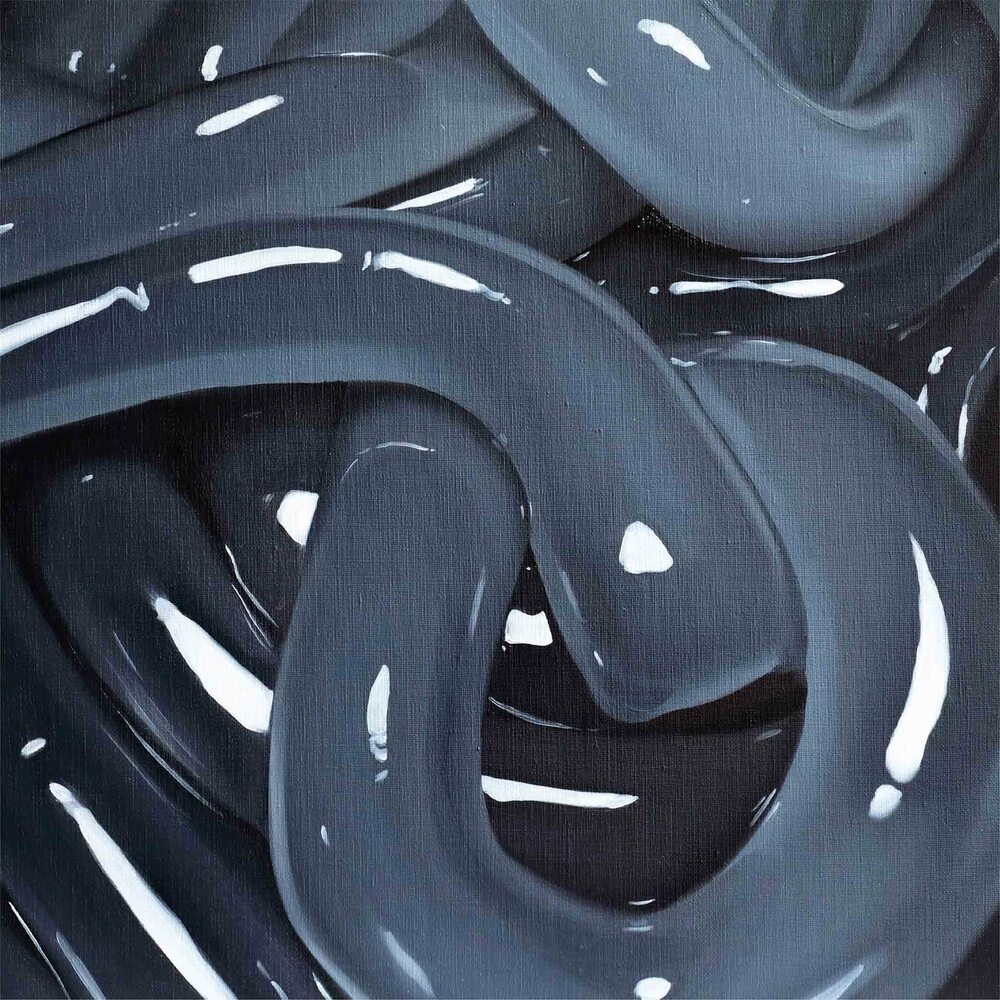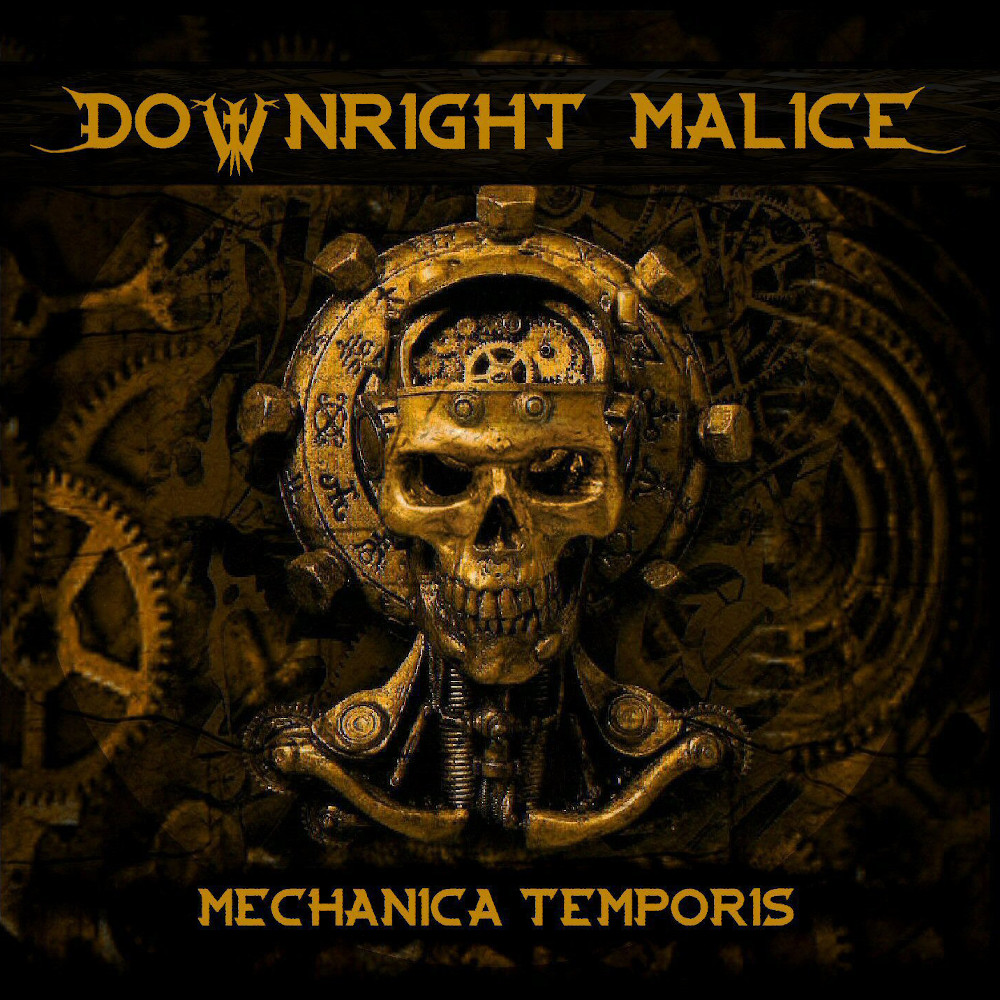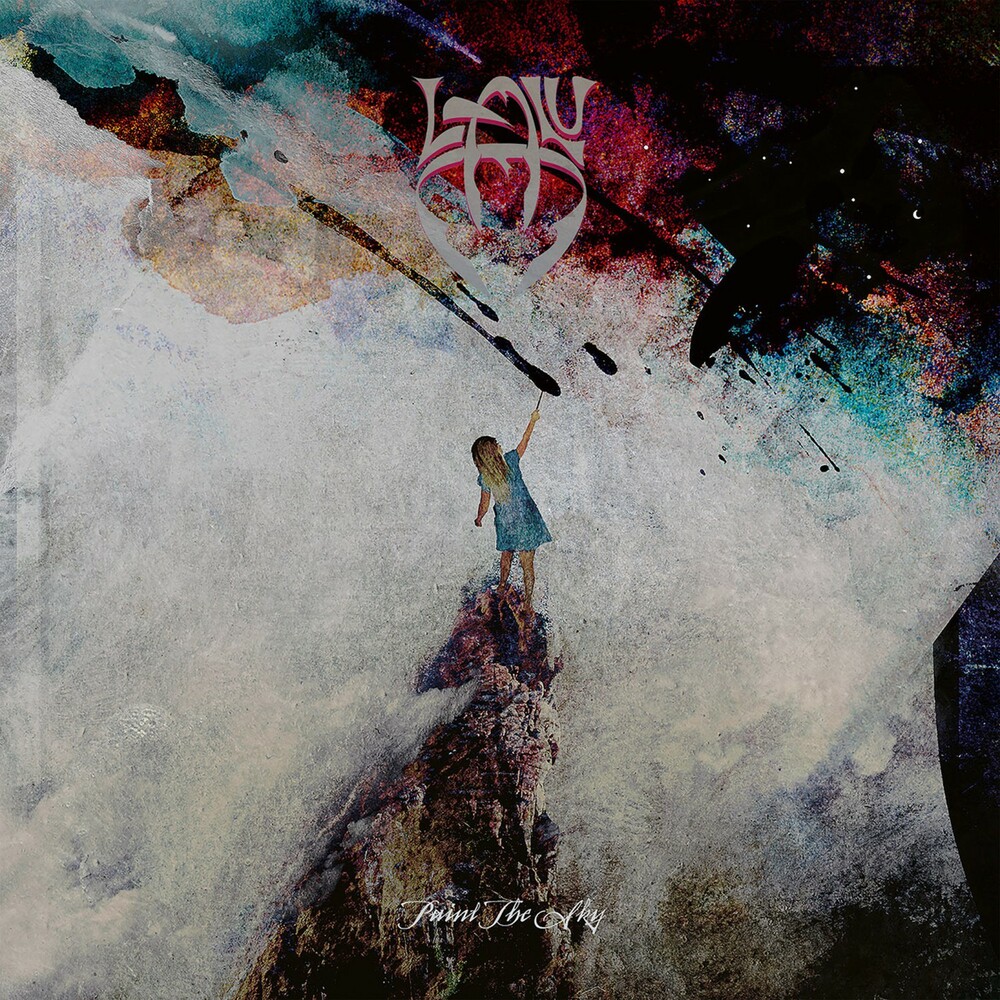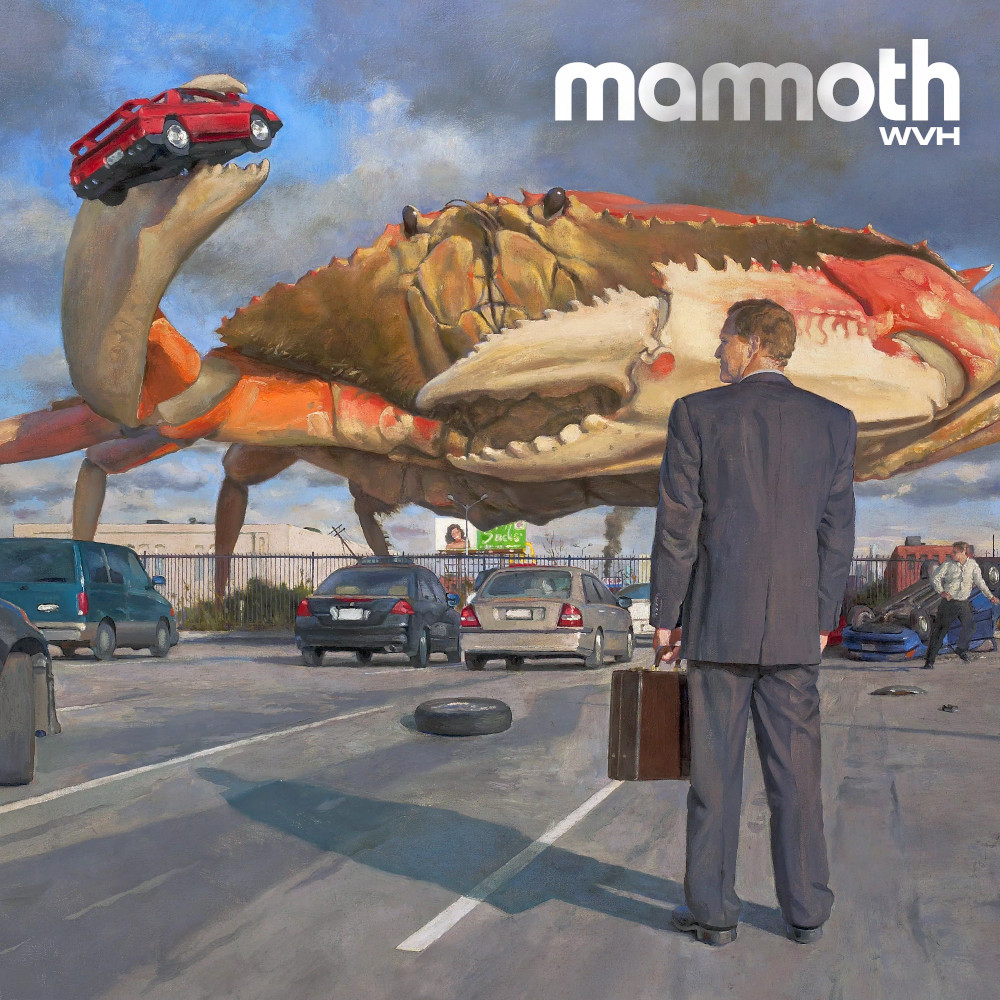 |
Country: UK
Style: Folk Rock
Rating: 7/10
Release Date: 28 Jan 2022
Sites: Facebook | Instagram | Prog Archives | Twitter | Wikipedia | YouTube
Back in 1988, I listened to the 20 Years on One Leg with a Flute special on the Friday Rock Show and taped it for posterity. Two decades was a big deal for Jethro Tull and the majority of songs played were from their five album box set, 20 Years of Jethro Tull: The Definitive Collection. Fast forward to 2018 and I tuned in to Chris Franklin's Raised on Rock for a three hour runthrough of all the best Tull tracks of their first fifty years, as voted for by listeners. Now it's 2022 and Tull have a new album out that doesn't remotely sound like the band is almost fifty-five. Of course, it isn't, as it features a new line-up across the board, except for main man Ian Anderson, but still.
Well, OK, maybe it doesn't feel like they're bounding around the stage any more, but it's vibrant and engaging, even if it's a thoughtful album with typically strong songwriting. It certainly lives up to its status as a decent comeback album, albeit with one notable exception, given that it has now been no fewer than twenty-three years since J-Tull Dot Com, their previous studio album of all original material. I have to add that caveat because they did release a Christmas album in 2003, which we'd normally ignore for no better reason than it's a Christmas album, except that it's one of the rare examples of such a creature being interesting.
That one notable exception is the absence of guitarist Martin Barre, for the first time since their debut, This Was, in 1968. Why Ian Anderson didn't ask him back after reforming the band, I haven't a clue and, as good as this album is, his absence isn't hard to miss. His replacement here is Florian Opahle, a German guitarist who's best known for playing on Anderson's solo albums, including the most recent, 2014's Homo Erraticus. However, he left Tull in 2019, in between recording this and its eventual release.
Opahle does a good job, but this isn't a big guitar album and the mix clearly sees Anderson's flute as the lead instrument, after his voice, with others like mandolin, harmonica and tin whistle peers to the guitar, even if they don't show up as often. On a few occasions, Opahle steps up to make his presence known, on songs like Barren Beth, Wild Desert John, and it's always welcome, but also a rather fleeting thing. Never mind cowbell, this needed more guitar. In fact, by the end, we wonder where the drums went too, because there aren't any on most of the late songs because recording, begun in 2017, ran into COVID-19 and drummer Scott Hammond couldn't record at home.
My first impressions were that this was a capable and enjoyable Tull album but not a particularly immediate one. The exception is Mine is the Mountain, which feels like an epic, even though it's a rather short one at well under six minutes. This is an absolute gem of a song, calm and thoughtful but innovative and striking in its way. It stands out from everything else here, both in quality and in style, given that the rest of the album is playful and lively and full of folky, pastoral elements.
On repeat listens, I found the songs becoming old friends. They're not necessarily the best Jethro Tull have ever recorded but they're certainly worthy of being played alongside them on stage. The Zealot Gene is a memorable one and so is Shoshana Sleeping, where Anderson's voice drifts into a spoken word mindset at points. Most are story songs, as is Anderson's bent, and we find ourselves listening to the lyrics the way rap fans do when they start paying attention to rock music. However, the storyteller in Anderson that captures us, doesn't necessarily plant seeds and, when it's over, I only had Mine is the Mountain stuck in my brain. It's head and shoulders above the rest of the album.



















